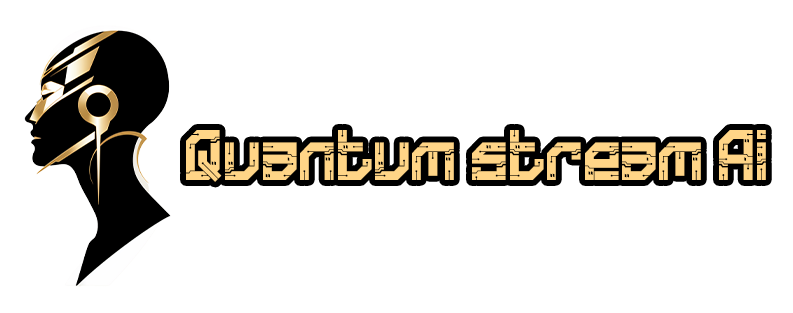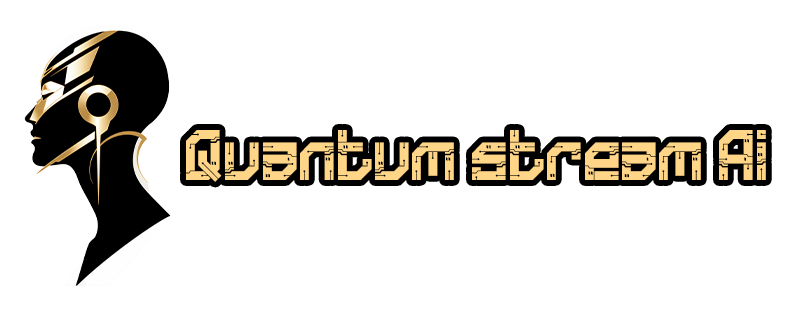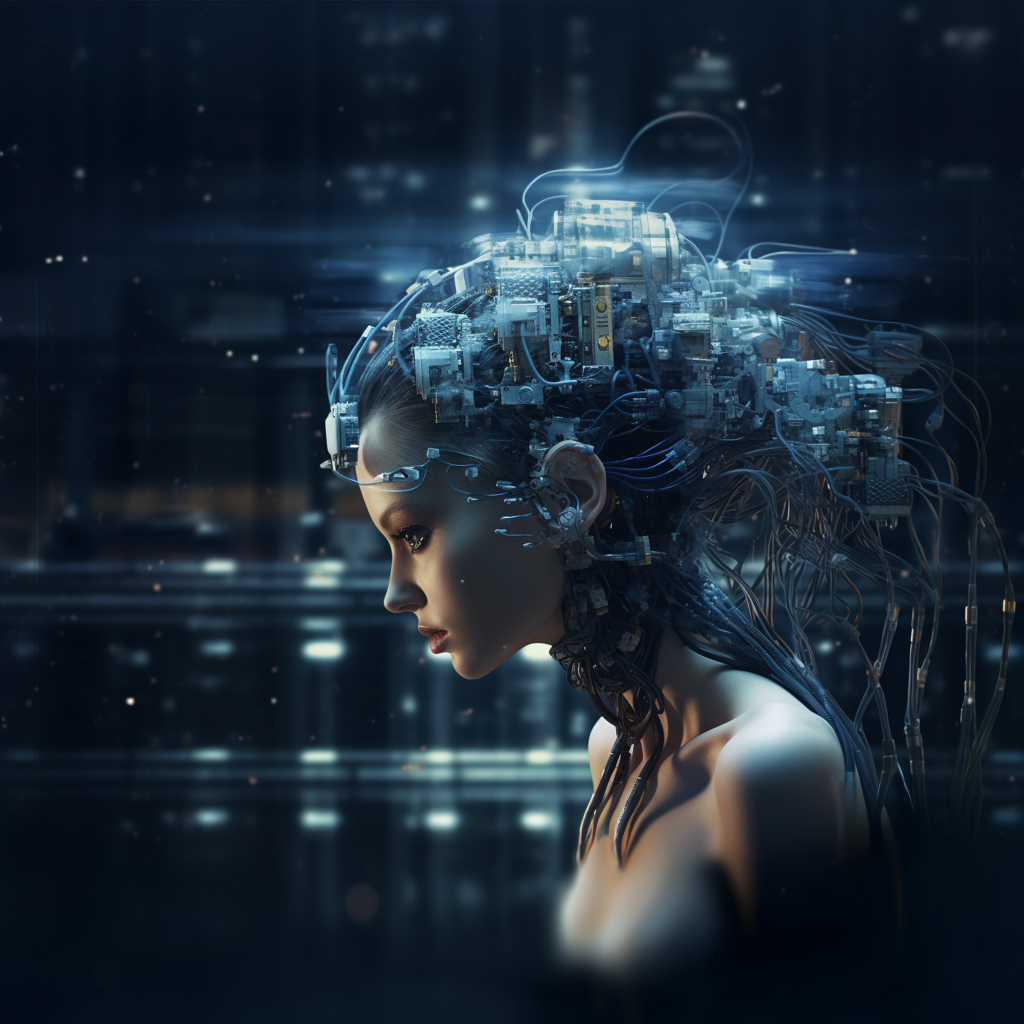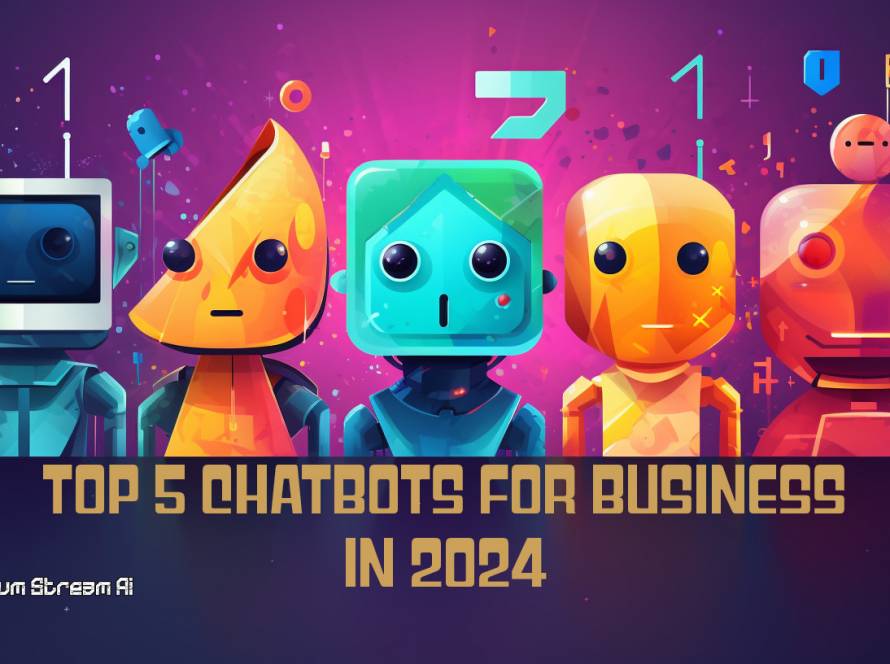Brain copying, often referred to as “mind uploading” or “whole brain emulation,” is a concept at the intersection of neuroscience, artificial intelligence, and philosophy. The idea is to create a detailed map of a person’s brain, encompassing all the neural connections and patterns that constitute memories, personality, and consciousness, and then transfer this data into an automaton, effectively replicating the individual’s mind in a non-biological substrate.
The Science Behind Brain Copying
At its core, brain copying is grounded in the belief that the brain’s operations can be fully understood and replicated. This involves scanning and mapping the brain at a granular level, possibly down to individual neurons and their connections. Advanced neuroimaging techniques, alongside burgeoning AI algorithms, play a crucial role in this endeavor. However, the sheer complexity of the human brain, with its approximately 86 billion neurons and countless synaptic connections, makes this a daunting task.

Philosophical and Ethical Implications
The concept of brain copying raises profound philosophical questions. If a person’s mind is replicated in an automaton, is the resulting entity the same person, or merely a copy? Does consciousness transfer, or is it merely duplicated? These questions touch on issues of identity, consciousness, and what it means to be human.
Ethically, brain copying opens a Pandora’s box. It challenges our understanding of life and death, potentially offering a form of digital immortality. However, this also raises concerns about the value of individual life, the nature of personal identity, and potential inequalities in who has access to such technol
ogies.
Technological and Practical Challenges
The technological challenges of brain copying are immense. Not only does it require a complete understanding of the brain’s workings, but it also necessitates the development of hardware capable of supporting complex neural processes. Moreover, ensuring that such a digital mind can interact with the world in meaningful ways—through robotics or virtual environments—is another significant hurdle.
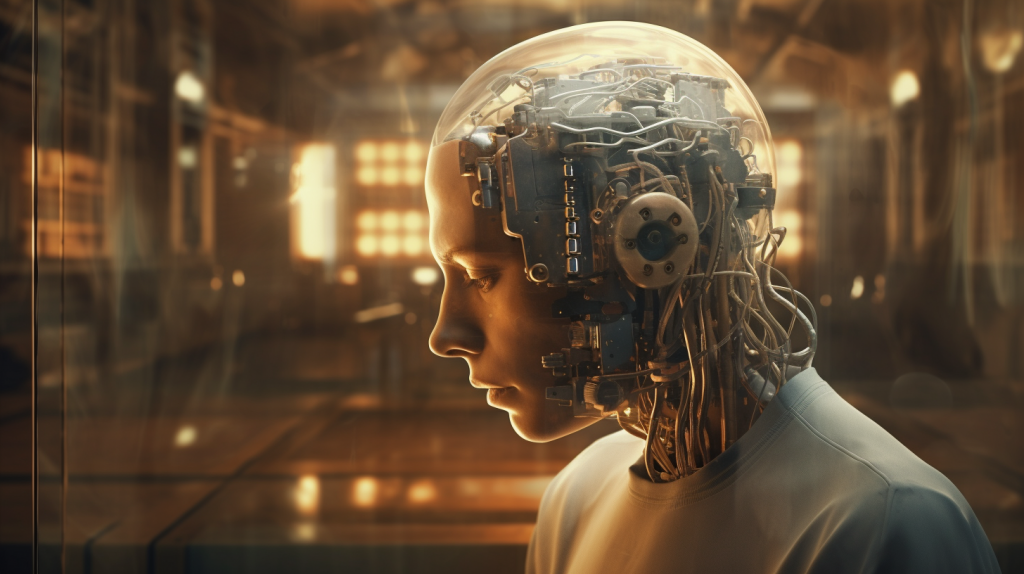
The Future of Brain Copying
While brain copying remains largely theoretical, its potential impacts are far-reaching. It could revolutionize our approach to life extension, memory preservation, and even space travel, where digital minds might be more suited to long-duration missions. However, the journey from theory to reality is fraught with both technical obstacles and profound ethical considerations that society will need to navigate carefully.
In conclusion, brain copying to an automaton is an intriguing yet controversial concept that blurs the lines between science fiction and potential future reality. It challenges our understanding of consciousness and identity, while also posing significant technological and ethical questions. As research in neuroscience and AI continues to advance, the prospect of brain copying will likely remain a topic of intense debate and fascination.
